In an unprecedented gathering, over 100 dignitaries and representatives from various countries and international organizations descended on a picturesque resort in central Switzerland. The peace summit, considered pivotal for addressing the ongoing conflict in Ukraine, saw significant diplomatic efforts from Ukrainian President Volodymyr Zelenskyy, which culminated in this large-scale assembly. It was a high-stakes effort, reflecting the urgency and complexity of the issues at hand as Russia's military actions against Ukraine continue to escalate.
The timing of the summit is crucial. The situation in Ukraine has reached a fever pitch, with the conflict not only affecting those within the immediate borders but also shaking the global order. The Ukrainian President has been relentless in his quest to amass international support. Leading up to the summit, Zelenskyy embarked on a diplomatic tour, making critical stops in Singapore and the Philippines, engaging in exhaustive discussions to ensure participation and backing at the summit. His efforts were visible in the widespread international presence, although some key leaders, like U.S. President Joe Biden, were notably absent. Biden's decision to send Vice President Kamala Harris as his representative underscores the importance the U.S. places on the summit, even as it grapples with its own complex commitments and priorities.
The Global Absences
Nevertheless, the absence of Russia and China from the summit cast a long shadow over the proceedings. Russia's refusal to participate and its criticism of the summit's efficacy without its involvement highlight the complexities in negotiating peace while the conflict continues. On the other hand, China maintained its stance of seeming neutrality, choosing not to align itself explicitly with either warring faction. These absences underscore the diplomatic tightrope that the global community must walk in its pursuit of a peaceful resolution.
The Swiss government, the host of the summit, has been pragmatic in its approach. By emphasizing that this is merely the first in a series of such summits, Switzerland acknowledges the arduous journey ahead. A true peace process, as many leaders concurred, will necessitate Russia's eventual involvement. The current dialogue, however, is seen as laying foundational stones toward a comprehensive and lasting resolution.
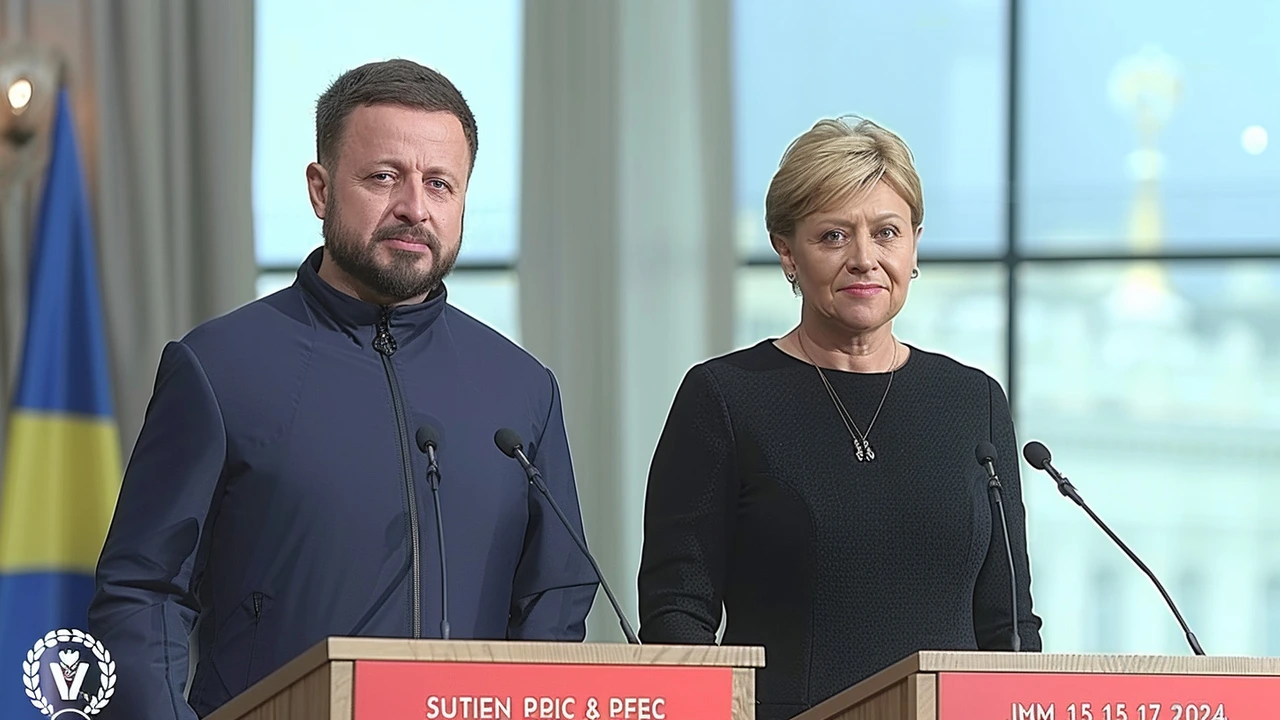
Focus on Ukraine's 10-Point Peace Formula
Core to the discussions was Ukraine's detailed 10-point peace formula. This framework, which the Ukrainian delegation vigorously advocated, encompasses a range of critical issues that extend beyond mere ceasefire agreements. Nuclear safety, a pressing concern given Ukraine's industrial capabilities and the potential threats therein, is a primary focus. Food security has also emerged as a focal point, a shared concern globally as the conflict increasingly disrupts agricultural outputs and supply chains, resulting in far-reaching economic repercussions.
The release of prisoners of war represents another crucial point on the agenda. Humanitarian concerns, coupled with the basic principles of international law, necessitate that this issue receives unwavering attention. The psychological and physical trauma experienced by prisoners, as well as their families, adds an urgent humanitarian dimension to the otherwise political and strategic discussions. These fundamental issues form the backbone of Ukraine's peace plans and were dissected and discussed in-depth during the summit.
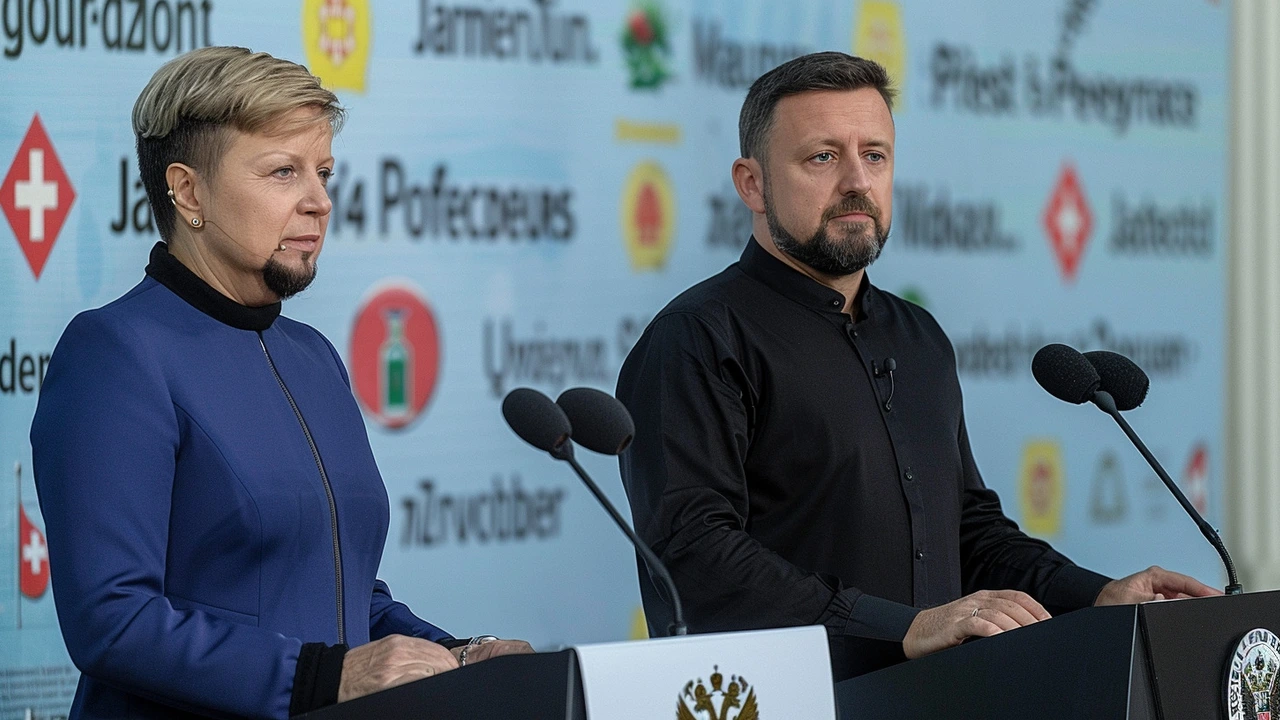
Echoing Support: The G7 Summit
The ongoing peace summit in Switzerland follows closely on the heels of the G7 summit in Italy, where world leaders exhibited strong and unified support for Ukraine. The reverberations from Italy's declarations could be felt in the Swiss summit, with delegates emboldened by the shared international resolve seen in recent times. This interconnectedness of global events highlights a significant theme – the conflict in Ukraine is no longer a regional issue but a matter of global concern with wide-reaching implications.
The G7's support serves as a morale booster for Ukraine and a stark message to Russia regarding the unified stance of leading global economies. However, translating this political solidarity into concrete actions and results remains a formidable challenge. As nations navigate their own geopolitical and economic landscapes, the balance between supporting Ukraine and managing their domestic and international interests must be delicately managed.
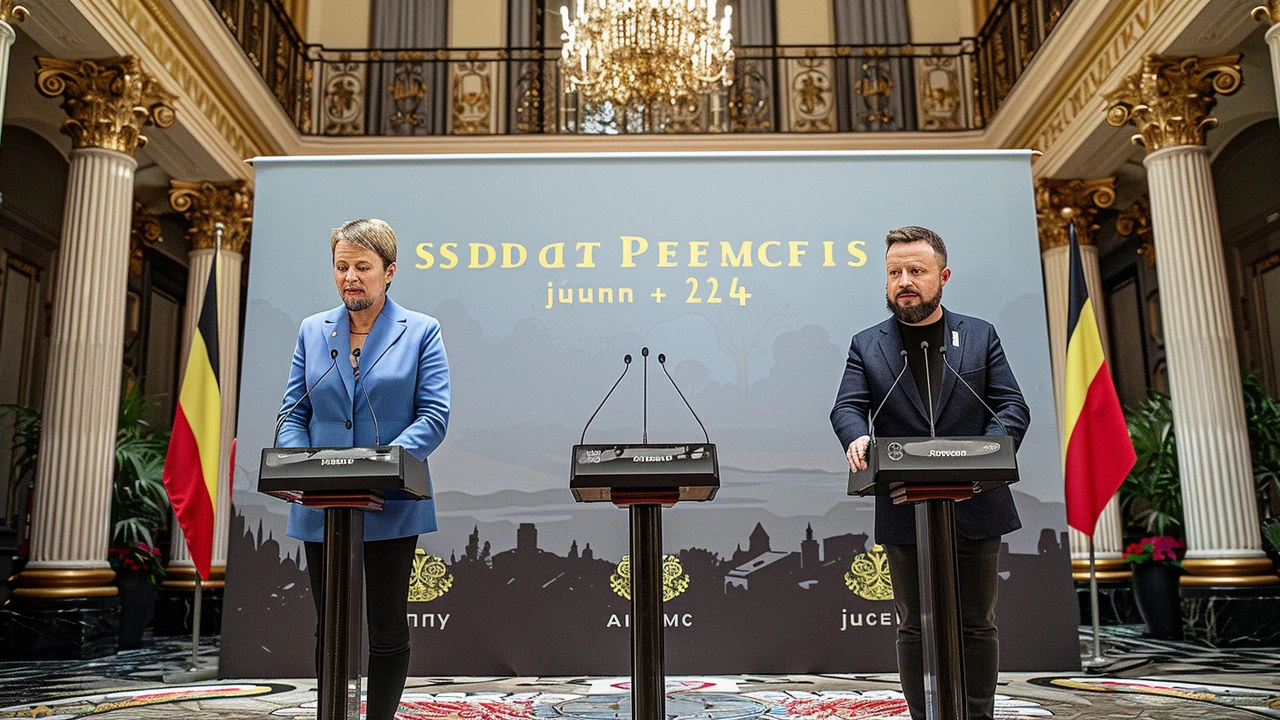
Looking Forward: The Next Steps
As the summit draws to a close, the tangible outcomes and future ramifications are yet to be fully realized. However, the willingness of over 100 countries and organizations to gather under one roof and deliberate solutions is itself a milestone worth noting. The collective commitment to dialogue, cooperation, and peace lays down a hopeful path for the months and years to come.
The road ahead will not be easy. The setup of subsequent meetings, continual diplomatic engagements, and the pragmatic partnerships will all play crucial roles. The Swiss government’s acknowledgment of the necessity for continuous dialogue and the inclusion of all involved parties, including Russia, to find a lasting solution is a realistic and forward-thinking approach.
The global community now watches and waits, hopeful that these efforts will eventually translate into a peaceful resolution for Ukraine and a more stable international order. The spirit of cooperation and mutual resolve exhibited at the summit provides a glimmer of hope amidst the turmoil, a reminder of the power of unified global efforts for peace.
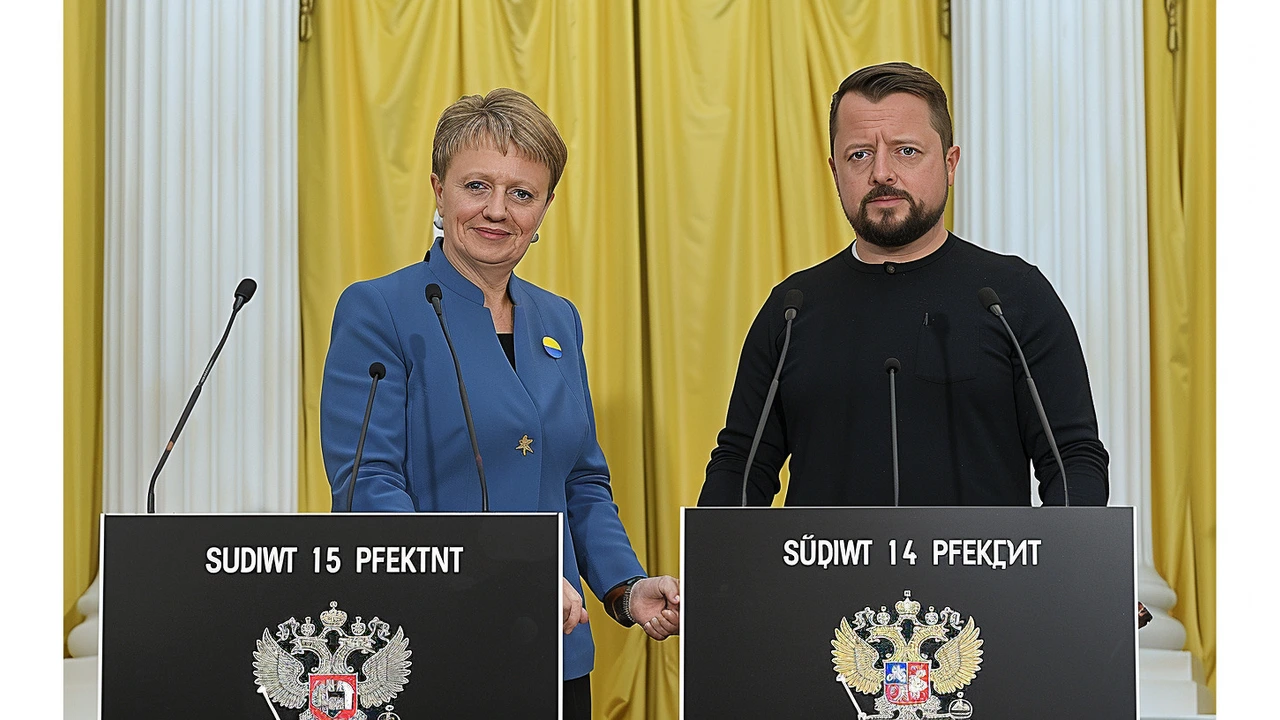
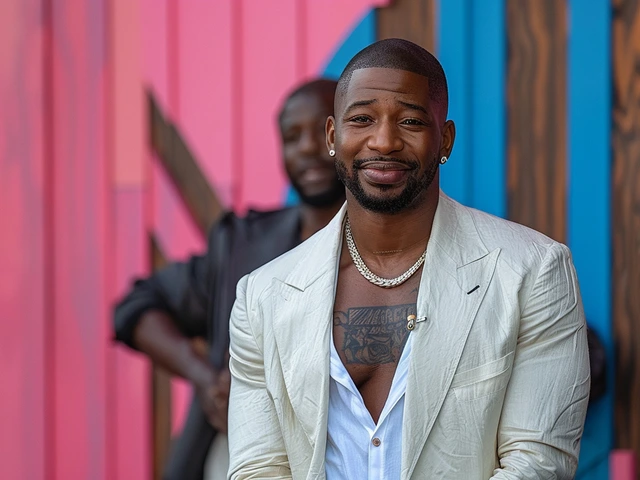



Write a comment